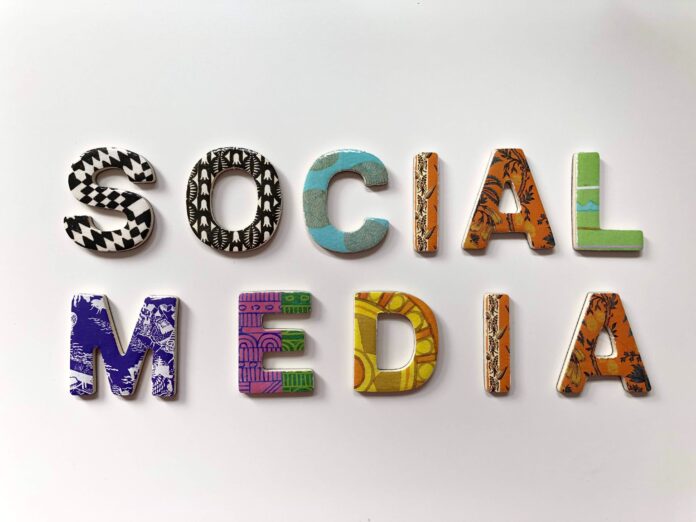In the span of just a few decades, social media has transformed from a simple way to reconnect with old friends to a powerful force that shapes the way we communicate, influence culture, and even drive political change. The evolution of social media has been a fascinating journey that reflects not only technological advancements but also profound shifts in society’s dynamics.
The Early Days of Connection
In the early 2000s, the concept of social media emerged as platforms like Friendster and MySpace gained popularity. These platforms focused on personal profiles, allowing users to connect with friends and share updates about their lives. It was a novel way to stay in touch, but little did we know that this was just the beginning.
Rise of User-Generated Content
The advent of YouTube marked a significant turning point in social media. Suddenly, anyone with a camera and an idea could create content that millions around the world could access. Platforms like Instagram followed suit, encouraging users to share photos and visual stories. This shift from passive consumption to active creation gave birth to a new wave of influencers, individuals who garnered fame and influence based on their online content.
Social Media’s Role in Political Movements
Social media proved to be more than just a platform for sharing vacation photos; it became a tool for organizing and amplifying social and political movements. The Arab Spring uprisings demonstrated how platforms like Twitter and Facebook facilitated communication and coordination among activists, leading to widespread protests and regime changes. Similarly, the Black Lives Matter movement gained momentum through social media, highlighting the power of these platforms in raising awareness about social injustices.
Shaping Popular Culture and Trends
Social media’s influence on popular culture cannot be ignored. From viral challenges on TikTok to hashtags that drive conversations on Twitter, social media has the ability to shape language, fashion, and entertainment trends. Memes, once confined to internet subcultures, now permeate mainstream culture through platforms like Instagram and Reddit, reflecting the blurring lines between digital and real-world experiences.
The Age of Influencers and Microblogging
As platforms evolved, so did the way we interacted with them. Twitter introduced the concept of microblogging, challenging users to convey their thoughts and ideas in just a few characters. Meanwhile, the rise of influencers transformed the marketing landscape, with brands realizing the potential of partnering with individuals who held sway over their followers’ decisions.
Navigating Challenges: Privacy and Misinformation
With the rapid expansion of social media came a host of challenges. Privacy concerns and data breaches raised questions about the security of personal information shared online. Moreover, the proliferation of fake news and misinformation highlighted the need for platforms to take responsibility for the content they hosted. Social media companies found themselves in a balancing act between free expression and the prevention of harmful content.
Affecting Mental Health and Self-Perception
The effects of social media on mental health have been subject to intense scrutiny. The constant exposure to curated and often unrealistic portrayals of people’s lives has led to issues like FOMO and a sense of inadequacy. On the flip side, social media has also provided a platform for discussing mental health openly and destigmatizing the topic.
Looking Ahead: Balancing Connectivity and Responsibility
As we look toward the future, the evolution of social media shows no signs of slowing down. The rise of virtual reality and augmented reality technologies promises to create immersive online experiences. However, ethical considerations around data privacy, content moderation, and the potential impact on real-world interactions must be at the forefront of this evolution.
In a world where social media has become an integral part of our lives, it’s crucial to remember that the power of these platforms lies not just in their ability to connect us, but also in their ability to shape narratives, influence behavior, and drive change. As users and as a society, we have the responsibility to engage thoughtfully and ethically in this digital landscape that continues to evolve.




